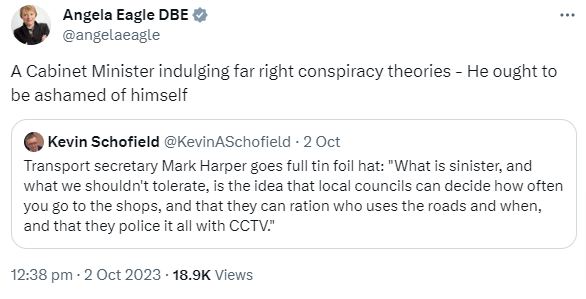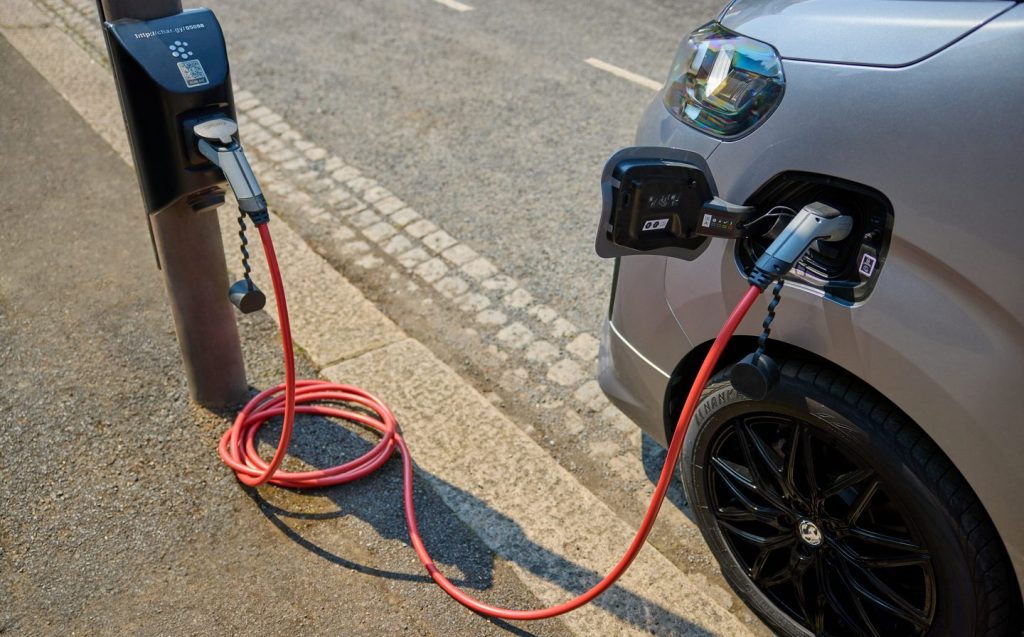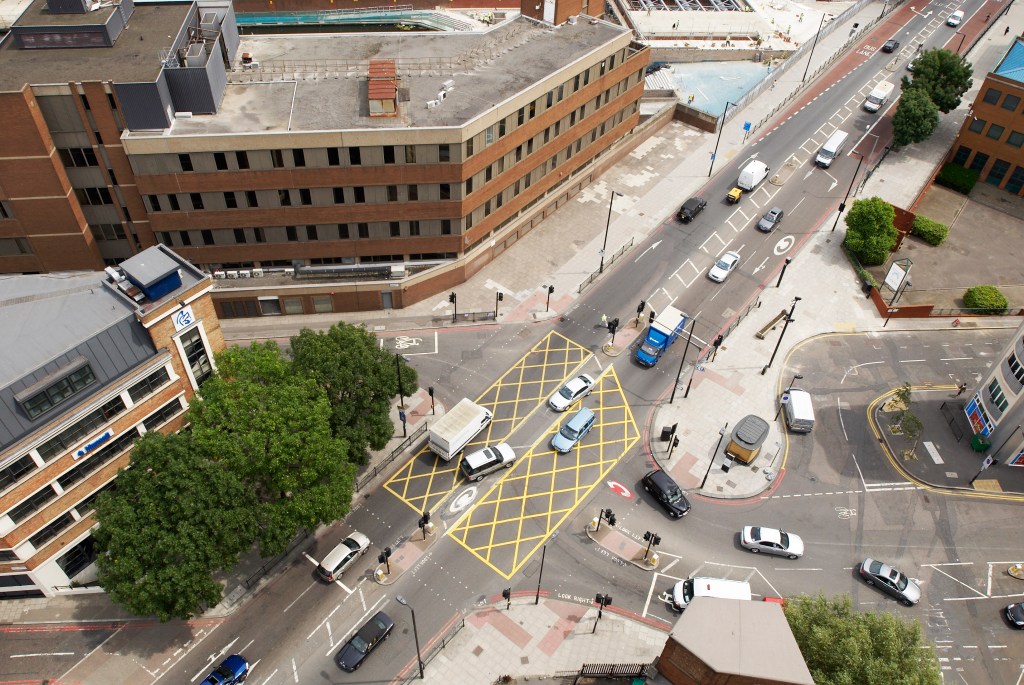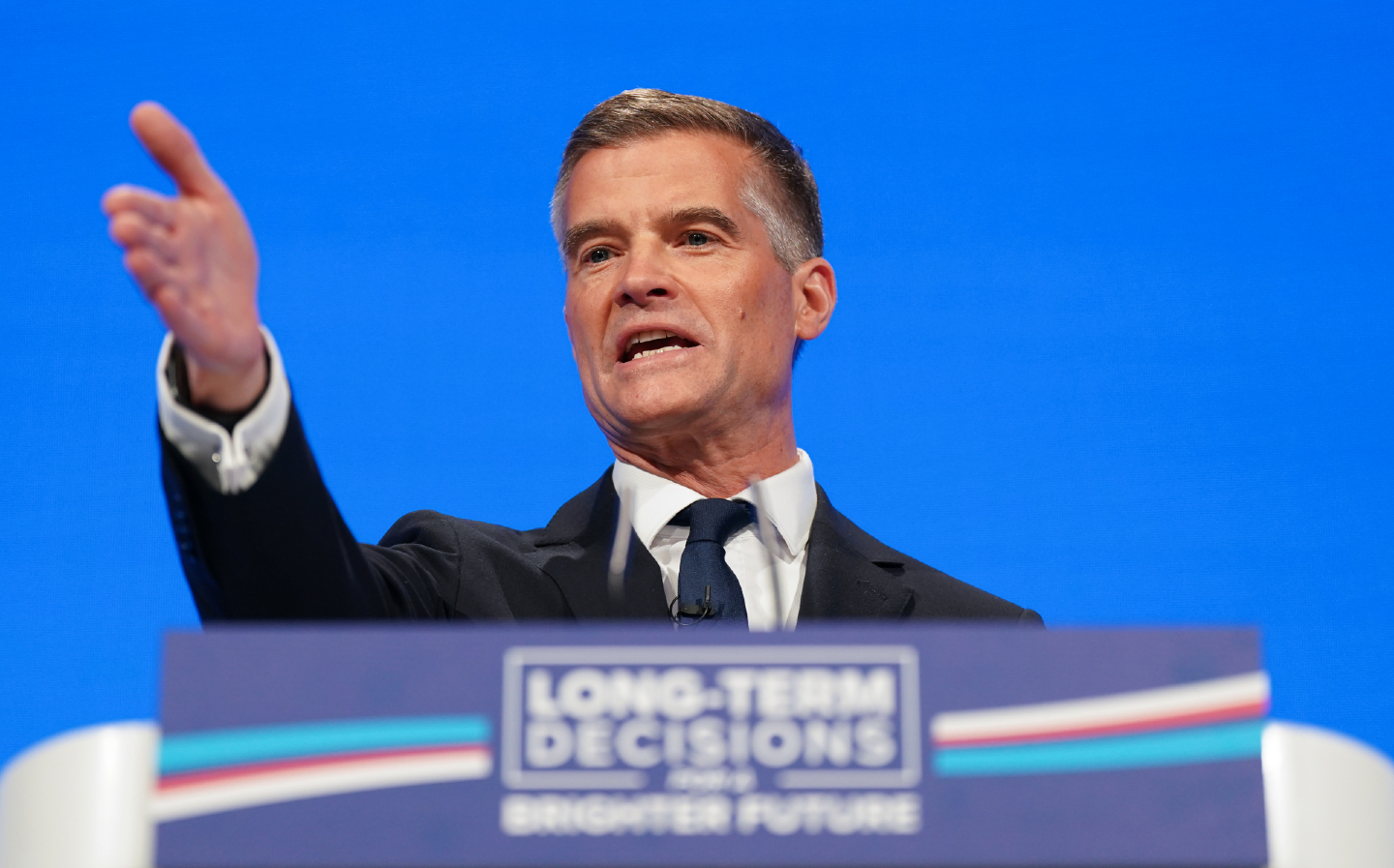Conservatives detail plans to end 'anti-car' measures in Britain
Thirty steps including end of LTNs on the table
The government has laid out its new “plan for drivers” that aims to end or restrict measures the ruling Conservative Party sees as “anti-car”, such as blanket 20mph speed limits in urban areas and Low Traffic Neighbourhoods (LTNs).
The Tory plan details 30 steps the UK government will take that it says will help drivers, including a total investment of £70 million in three traffic light upgrades and a proposal to introduce “lane rental schemes”, which will result in utility firms being charged for digging up busy roads at peak times. It’s hoped that some of the profits from the schemes could then be ring-fenced for fixing potholes and road resurfacing.
The plan also includes a pledge to update the 20mph zone guidance for England to “prevent inappropriate blanket use”. It follows the introduction of 20mph limits on residential roads and busy pedestrian streets across Wales, which the devolved Welsh Assembly says will reduce collisions and injuries, and save lives.
In addition, the Westminster plan includes new rules on parking fees and fines, and restricts local authorities’ ability to “profit” from the enforcement of traffic offences.
Motorway safety is on the agenda, too, with new measures allowing breakdown vehicles to use flashing red lights that warn drivers of a stranded vehicle and a new plan for tackling lane-hogging and other inconsiderate behaviour.
The controversial LTNs also look set to be restricted, with the government changing the guidance for councils before introducing new schemes and looking to “address” existing LTNs that do not have “local consent”.
Another contentious planning scheme known as “15-minute cities” — a concept designed to ensure people in urban areas live no more than 15 minutes’ walk or cycle from key services — are also in the government’s sights, with the Department for Transport announcing a plan to prevent local authorities gaining access to Driver and Vehicle Licensing Agency (DVLA) data “to enforce schemes by camera”.
The 15-minute cities idea sparked conspiracy theories suggesting they are part of a plan to impose radical restrictions on people’s movement. Mark Harper, the transport secretary, (pictured top) was accused of stoking these rumours by groups such as Greenpeace after suggesting in a speech at this week’s Conservative Party conference that some councils wanted to “decide how often you go to the shops”.
He told delegates in Manchester: “There’s nothing wrong with making sure people can walk or cycle to the shops or school. That’s traditional town planning.
“But what is different, what is sinister, and what we shouldn’t tolerate, is the idea that local councils can decide how often you go to the shops, and that they can ration who uses the roads and when, and that they police it all with CCTV.”
As reported by HuffPost UK, the Department for Transport (DfT) was unable to provide any evidence of local councils taking such action. Labour MP for Wallasey Angela Eagle described the claims as “far right conspiracy theories”.

EV charging points
Finally, the Conservative plan lays out measures to help drivers transition to electric vehicles, with a proposal to speed up the rate at which charging points are installed and connected to the grid, as well as installing posts on the street and at schools.
The new plan is the latest in a string of measures designed to appeal to motorists. Last month, prime minister Rishi Sunak announced the 2030 ban on the sale of new petrol and diesel cars would be pushed back to 2035.

The “pro-car” party
In his speech on Monday, Harper told the Tory conference that his party was “proudly pro-car.”
In the plan for drivers, Harper said: “Walking, cycling and public transport are necessary in a multi-modal transport system, and we support their continued growth, but they are not the right choice for everyone’s journey. Being pro-public transport does not mean being anti-car.
“The easy political choice is to vilify the private car even when it’s been one of the most powerful forces for personal freedom and economic growth in the last century. Used appropriately and considerately, the car was, is, and will remain a force for good.”
The measures — and indeed the government’s new pro-driver stance — come after the Welsh 20mph rules were introduced and the Labour party’s unexpected defeat in the Uxbridge by-election, which was blamed on Labour Mayor of London Sadiq Khan’s expansion of London’s Ultra Low Emission Zone (Ulez).
With the Labour party leading the polls ahead of the next general election, the Conservatives appear to have decided appealing to the motorist will be a useful way of garnering votes. In fact, during his speech at the Conservative party conference, Harper accused Labour of “hammering” motorists, and branded the Ulez a “Labour tax” on drivers.
“Labour will continue with their same failed approach: taxing the poorest motorists, political speed limits, banning road building,” he said.
“Labour would put Just Stop Oil in the driving seat. They’d fix a camera on every lamppost and put a hand in every pocket. Instead, we stand for freedom to travel how you want.
“We’ve got a long-term plan to back drivers. Labour has a long-term plan to tax drivers. We’re on the side of hard-working people. Labour wants to drive them off the roads altogether.”
Labour’s shadow transport secretary Louise Haigh told HuffPost UK: “Mark Harper’s bizarre comments show this government really has given up any sense of being serious.
“Families seeing petrol and car insurance soaring or unable to catch a train or bus, will take no comfort from a Conservative Party out of touch with the country and, increasingly, with reality.
“After 13 years in power and with no record to defend, the Tories have nothing left to offer the country.”
Mixed response from road campaigners
Despite the government’s faith in pro-car policies, the new plan has been met with a mixed response, as some campaigners have expressed concern at the pro-driver attitude.
Road safety charity Brake pointed to a 10 per cent increase in road casualties in the UK last year, and said the plan “makes very little mention of the heartbreak that road crashes cause to road victims and their families.”
The charity also said 20mph limits were a “vital step” towards reducing road deaths, and though it stressed it did not want “blanket” 20mph limits, it said they should be the “default” in residential areas.
Perhaps unsurprisingly, AA president Edmund King was much more upbeat about the plan, and said he was “pleased” to see the government taking lane rental schemes, which have already been used in London, to the rest of the country.
King also praised the government’s desire to prevent councils profiting from minor moving traffic offences, such as infringements around ‘yellow-box’ junctions.

“The AA has long campaigned, on behalf of our members, to tackle some councils using moving traffic violations, such as yellow box junctions, to fleece drivers [who are] often caught in a trap of poor road markings and bad signage,” he said. “We welcome this review and hope councils act accordingly.”
However, King also called for more “pragmatic” use of 20mph zones, and said drivers would be more likely to abide by a 20mph limit when pupils are going in or out of schools, near parks, cul-de-sacs and residential areas.
He also suggested using “variable” limits enforced by signs outside schools, allowing the 20mph limit to be enforced at the start and end of the school day, but not in the middle of the night.
Cycling and walking organisations Bikeability Trust, British Cycling, Cycling UK, Living Streets, Ramblers and Sustrans clubbed together to issue a statement saying the plan would effectively force people to drive, rather than making space for alternative forms of transport.
The organisation also accused the government of ignoring emissions and air quality targets.
“When the government could respect people’s freedom to choose how they travel, it’s removing the alternatives,” the statement read.
“This is a plan that looks no further than one way of travelling and will make the roads worse for those occasions when people do need to drive.
“This plan restricts people’s travel choices, setting the country on cruise control towards missed net zero targets and a worsening health and inactivity crisis, while denying our children of their independence and freedom to move around their local area safely.”
Related articles
- If you found the Conservatives’ pro-car plan interesting, you may be interested in how France is changing to ‘reward’ traffic lights to penalise speeders
- You might also like to read this story about Jaguar’s prototype system that ‘talks’ to traffic lights to relieve congestion
- Did you know that nearly half of all drivers admit to speeding on country roads?
Latest articles
- Omoda 5 prototype review: Bargain family SUV is solid first effort for new Chinese brand
- Dacia Duster 2024 review: Rugged, affordable SUV modernised with electrification and quite the glow up
- Audi A3 Sportback 2024 review: Softly, softly, catchy premium hatchback buyer
- New electric-only Mini Aceman fills gap between Mini Cooper hatch and Countryman SUV
- Tesla driver arrested on homicide charges after killing motorcyclist while using Autopilot
- Porsche Macan 2024 review: Sporty compact SUV goes electric, but is it still the class leader for handling?
- F1 2024 calendar and race reports: What time the next grand prix starts and what happened in the previous rounds
- Aston Martin DBX SUV gets the interior — and touchscreen — it always deserved
- Nissan unveils bold look for updated Qashqai, still made in UK














